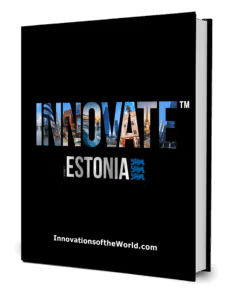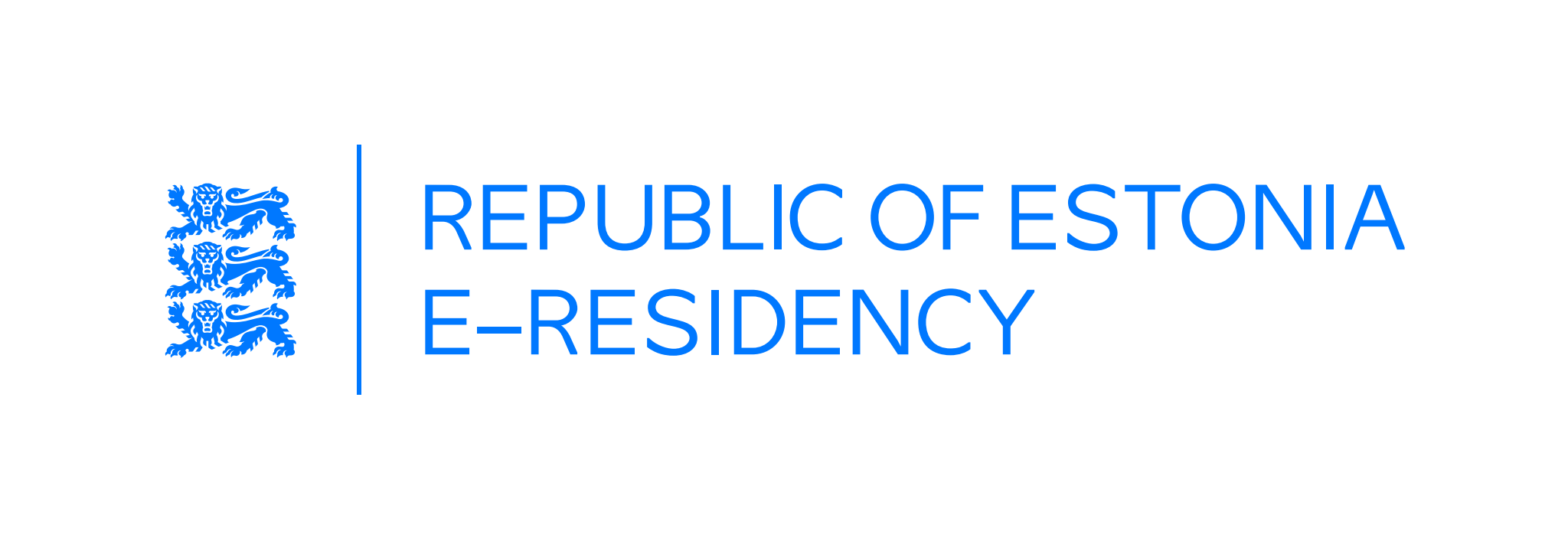
With 100% of its public services digitalized and a streamlined, business-friendly environment, Estonia has established itself as a strategic destination for those looking to expand their business, launch operations, or work in the European Union. Internationally recognised as the world’s most digital nation, Estonia promotes initiatives such as e-Residency to attract entrepreneurs and skilled professionals. Back in 2014, Estonia was the first country to offer e-Residency and over the last 10 years since the programme was launched, entrepreneurs with 185 different nationalities have applied to receive e-Residency digital ID.
The e-Residency programme offers numerous benefits for business owners both outside and inside the EU. First and foremost, it enables 100% remote and online company management. Essentially, a startup founder can set up their business within a day and run it without stepping out from their home country. One can establish a company, do the tax declarations and communicate with all government bodies through one dashboard 100% online. No queues, no office visits, no paperwork and very quick and easy user experience. In Estonia, no entrepreneur needs to go to Notary. For an e-resident that means that they have a company in their backpack and can run it by just using a digital ID card.
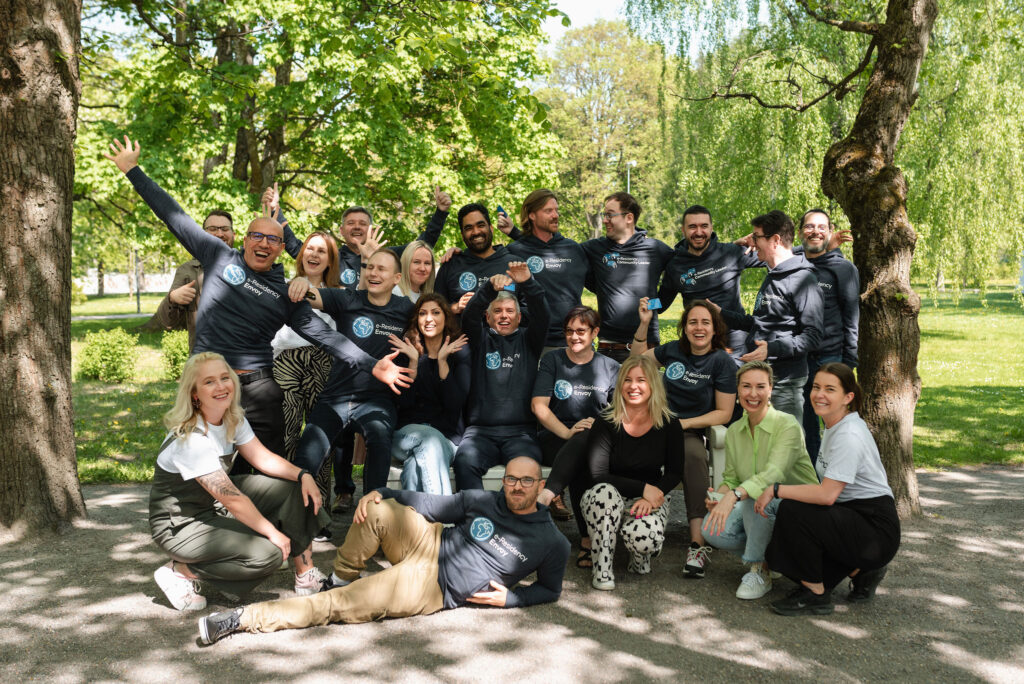
Thanks to e-Residency the business founders located outside the EU get a digital business gateway to the world’s biggest single market, and all the advantages this provides. This means that once you become an e-resident and register your Estonian company, you’ll have a registered address in the EU. You’ll be trading in euros and able to make use of the EU’s entrepreneurs’ main freedom for unlimited trade of goods, services and labour. This is a unique offering worldwide – no other country, let alone an EU member state, provides global founders a possibility to reside outside of the EU and run their company across the borders 24/7 wherever they have WiFi connection.
What is more, all Estonian companies are eligible for Estonian government and EU grants, and have the ability to take part in local support programs that encourage venture capital funding, such as accelerators and incubators.
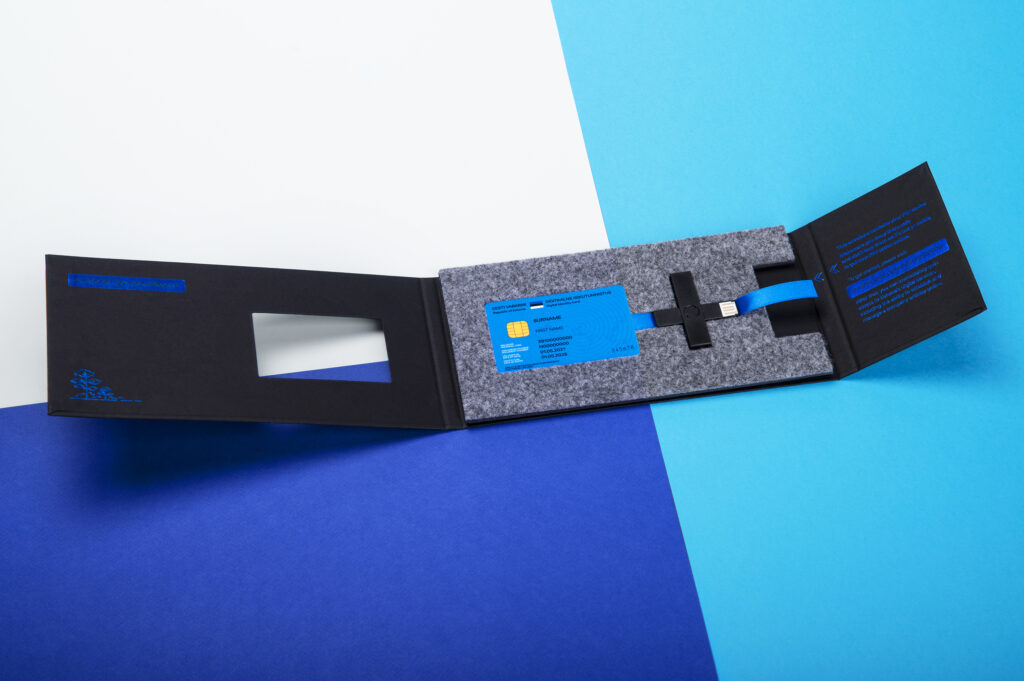
“e-Residency was created to open the digital borders to the world, allowing foreign entrepreneurs to connect with the business and innovation ecosystem. It is a way to boost the global economy and gather innovation and expertise from different fields, particularly in technology and digital business,” says Liina Vahtras, Managing Director of the e-Residency programme. “It also boosts the Estonian economy. The programme is a Government startup with the Return on Investment of over 8 for Estonia. This means that for every euro Estonian Government invests in developing e-Residency, the e-residents who have created Estonian companies, bring back 8 times more in taxes. In addition to financial gains, e-Residency also delivers indirect benefits by enhancing Estonia’s global reputation, as well as driving growth and investment in local businesses that provide services to e-residents.”

Everyone can become an e-resident success story
Every year e-residents launch 20% of new Estonian companies. One of many success stories is Laura Roman, a Spanish e-resident who set up her own firm Redearth thanks to e-Residency. She says she found the ability to run a business from wherever she happened to be located to be attractive. “Before e-Residency, you had to stay within the system of your country. And if that system sucked, you were still stuck with it.” But Estonia offered her another option, one that she sees as simpler and friendlier than some of the systems she’s familiar with.
Another great example is Rodrigo Almeida, founder of 011 House, an audiovisual service production company with a presence in Brazil and Europe. “e-Residency made my entry into the European Union market extremely quick and efficient. In just one weekend, I was able to register my company in Estonia and start operations. This allowed me to issue invoices in euros and expand my business to the entire Europe”, he says. He emphasizes that the 100% digital management provided by e-Residency eliminates bureaucracy and the need for paperwork, streamlining overall administration. “All the management of my company is done digitally. This approach is advantageous when dealing with global clients, allowing me to manage my operations efficiently and without borders”.
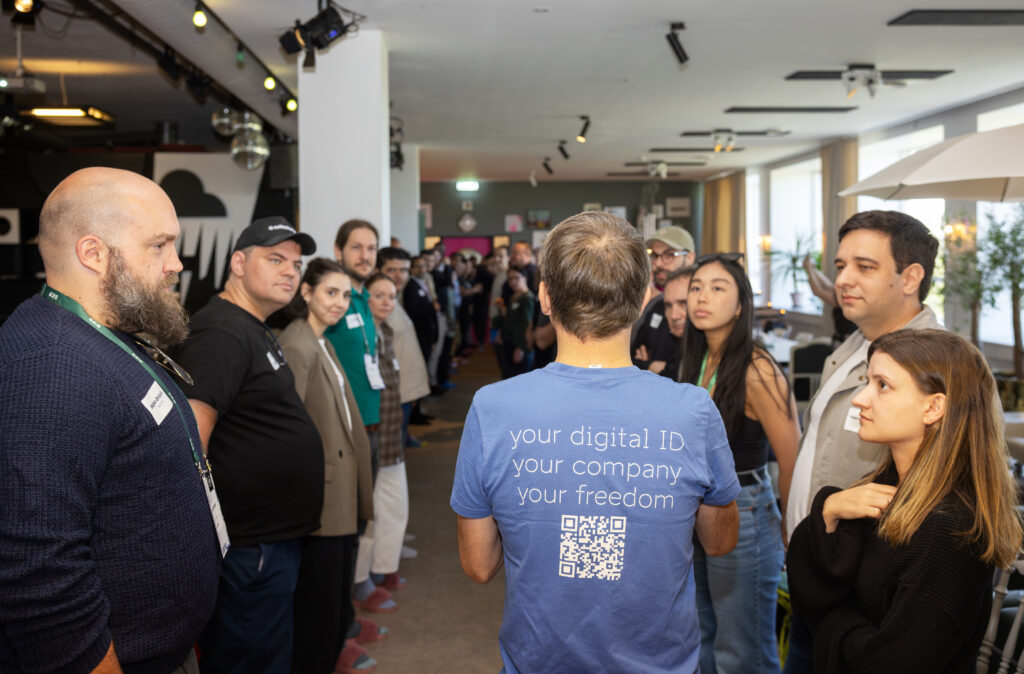
The process to become an e-resident and establish a business in Estonia is straightforward and fully digital:
- Apply for the e-Residency card on the official website (e-resident.gov.ee), choosing a pickup point. Fill in the form in English using your ID or passport. The cost is €100–€150. Approval takes 8–30 days, and delivery an additional 2–5 weeks.
- Collect your e-Residency kit, which includes the card, card reader, and PIN codes. Activation is free and takes 24 hours.
- Register your company online: With your card activated and using DigiDoc software, you can set up an OÜ through the official portal. Registration costs €265 and is usually completed within 24 hours. You’ll need a minimum share capital of €2,500, although it’s not required up-front – you have up to 10 years to deposit it and can start with as little as €0.01.
- Open a business account: You’ll need a business bank account to invoice and receive payments. Fintechs like Wise and RevolutBusiness allow you to open accounts fully online without travelling to Estonia.
With these steps, any entrepreneur can start operating a European business fully online, while benefiting from an ecosystem built for speed, security, and real opportunities to scale.


